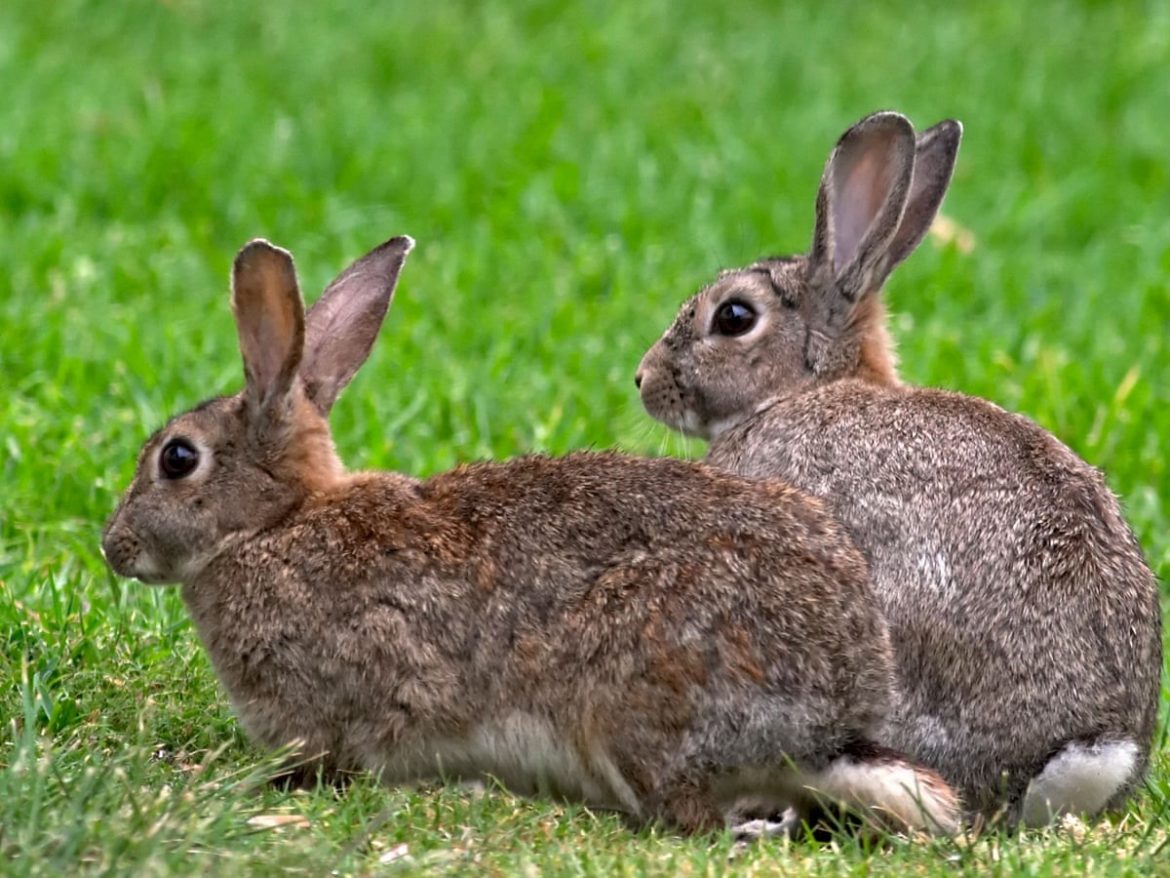There are more than 30 rabbit species around the world living in different environments. Rabbits are small mammals with fluffy, short tails, whiskers, and distinctive long ears. It’s meat is a wholesome, tasty product compared to most other types of meat considering that it is high in protein and low in fat and cholesterol. The white meat is fine-grained, delicately flavored, nutritious, and appetizing.
THE RABBIT BUSINESS

Although rabbits are famous for meat consumption purposes, there is also a commercial benefit in the skin. The furs are used in various apparel items, such as fur coats. According to figures compiled by the Food and Agriculture Organization (FAO) of the United Nations (UN), China is by far the largest producer followed by Italy and South Korea.
ADVANTAGES IN THE RABBIT BUSINESS
There are several advantages in raring rabbits. Rabbits are prolific as they can give birth to numerous offsprings and have a short gestation period. In one year, a doe can produce more than 20 offsprings and many of these will breed themselves when only 4 months old. Rabbits also produce great compost and there is potential to integrate rabbit farming with gardening. They also have a rapid growth rate and mature early in about 4-5 months. In terms of raring, less labour is required as rabbits consume a wide variety of plants than can be accessed easily without forking out food money, hence the potential to be one of the most profitable species to raise. Rabbits do not require large amounts of space compared with most other livestock species, and they are generally non demanding animals even if they are very susceptible to disease.
THE BREEDS
There are many different breeds of rabbits and some are raised in commercial rabbit farming in Zimbabwe. The popular ones are the Californian White, New Zealand White, New Zealand Red, Chinchilla Grey, Flemish Giant, and Zika the indigenous breed. The choice of breed is usually determined by the availability of breeding stock and also your objectives as a farmer. Keeping multiple breeds is also another alternative.
The New Zealand breed is most popular for meat production, and it matures early and also produces more young ones per pregnancy. The pregnancy lasts for about 28 days to a month, and each doe or female rabbit gives birth to an average of 8 kits at a time and the female can be bred back in 7, 14, or 21 days depending on overall body condition. This alone makes the rabbit farming business very profitable and more rewarding if implemented properly.
REQUIREMENTS
Before starting this venture you also have to take into consideration the housing structures. Rabbits require simple housing, as compared to other livestock. Rabbits can be housed in simple wire cages to outside hutches or large scale rabbits buildings which are well ventilated. It is essential that the housing provide the correct amount of space for the rabbits because they need a proper space to exhibit their normal behavior. The housing should be easy to clean, well ventilated, and should be safe for rabbits to breed, live, and raise their kits.
The equipment needed includes feeders, drinkers, and nest boxes. If you are using the caging system, some type of rabbit cages come inbuilt with the drinking, feeding system, and nest boxes. Nest boxes will be required when the does (female rabbits) give birth. You also require the weaners cage where the rabbits will stay from weaning till they are slaughtered. It is also important to maintain a high level of hygiene in the rabbit houses.
When you venture into rabbit farming you should also take note of rabbit nutrition. Rabbits also require to be fed balanced rations. In commercial rabbit production, commercial rabbit pellets feed is fed to the rabbits. Rabbits eat a wide variety of feeds. The feed includes grains such as maize, rapoko, wheat, sunflowers and also grasses, weeds, hay, fruits e.g. melons, tree leaves, vegetables such as cabbage leaves, lettuce, spinach, carrots, beans, rape and the list goes on. Ensure that the rabbits get all the essential nutrients needed for growth that is carbohydrates, proteins, vitamins, minerals, fiber, and fat. Water is also very vital for the well-being of rabbits in terms of digestion, thus it is important to provide plenty of water.
THE MARKET
You can supply your rabbits to individuals, restaurants, hotels, supermarkets, and butcheries. Rabbits are usually slaughtered at about 10-12 weeks of age for meat. Also, maintain up to date records to check your progress. In conclusion, it is important to plan, obtain quality breeding stock, manage feed, and source reliable markets early to reap full benefits in rabbit farming.







